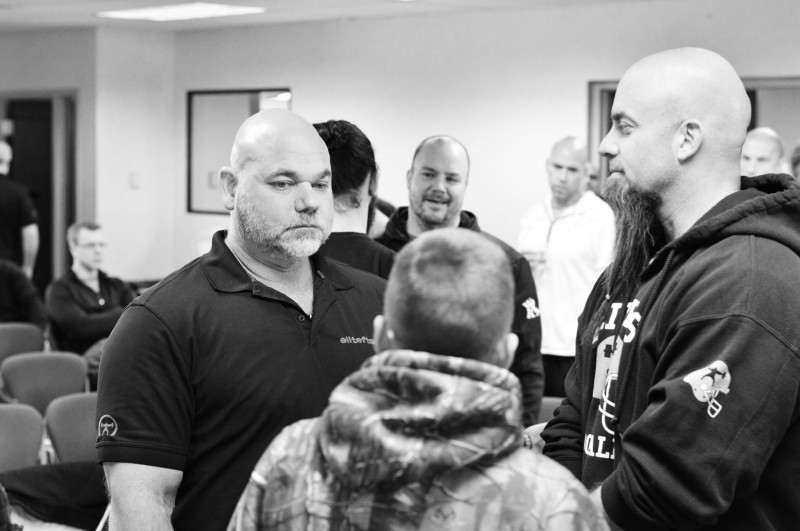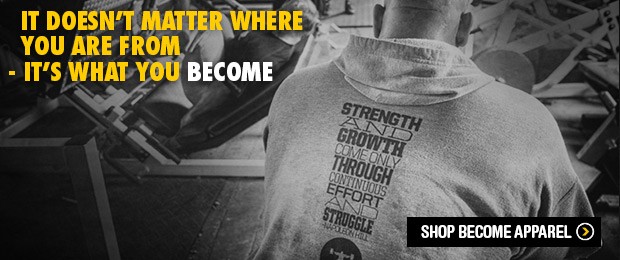
Webster’s dictionary defines the word legacy as something that happened in the past or that comes from someone in the past. I am choosing this topic this month for a couple of reasons. I have done a lot of “soul searching “in the last month. My father passed away two weeks ago to cancer. I wasn’t sure how it was going to affect me — we were close, had a great relationship, and a great mutual respect for each other. I lost a good friend. After flying up to his funeral, I was shocked and amazed at the number of people who showed up for his services. He was not a politician or someone who had a job where you had to show up because it looked good. He worked in a factory, and coached little league and pee wee football when I was younger.
As I stood there in line, person after person kept coming up saying how much my dad helped them, doing this or that. His players from the 70’s were all there, just saying how he touched their lives, not just as a coach but as a person. Just as one former player would finish telling me how he impacted them, another person would come up and say how he helped them with their insurance, or someone else he gave a ride to the store. I remember at one point thinking to myself what a great legacy he has. Everyone knows and remembers him for being an ordinary guy who just helped you just because you needed it. No reward or monetary gain for him, just an honest to goodness helping just to help.
RELATED: Why Do You Lift — Defining Passion
I looked at myself and started thinking about what kind of legacy I'm going to leave. Luckily, I belong to a fraternity and a brotherhood of strength coaches whose whole lives are all about giving — giving of our time, our resources, our passion, abilities and love. To answer the bell as a four to five year foster parent to hundreds of kids a year. We demand so much of our athletes. We ask them to do things that are hard, uncomfortable, and painful, yet we do not control one ounce of their playing time. We build bridges of trust that work both ways. They do not ask us, but we ask ourselves to do everything and more that our job demands. We do things for them that are hard, uncomfortable, and painful as well, and no one controls our playing time.
It is really a yin and yang relationship, especially in this day and age. We as strength coaches have to be internally motivated. We must have the burning desire to be our best every day, and it has to come from inside us. The biggest reason for us being internally or self-motivated is because so many of the athletes today are externally motivated. They need someone to guide them, push them, and to show them the way. We have to give them juice, motivation, energy — you name it, we must supply it. It is not free.
It is the most exhausting and frustrating part of the job, trying to get an athlete who has no motivation to get better to get better. They grew up in a society of instant gratification, and they have never been taught how to work for anything; it is all in the palm of their hands. It takes a lot out of us to do this. The only way we can truly give everything we have to these athletes’ day in and day out is through love. There is no other way. Love for them and love for what we do. Love is passion, and as Dave Tate said, passion trumps everything.
WATCH: Passion Trumps Everything
Many coaches don’t even realize that passion is the reason we do what we do; passion to make our athletes better is what keeps us going. The original Greek definition of passion is suffering. That is why we put up with the crazy hours, delusional coaches and players, the low pay: we are willing to suffer, (passion) to reach our goals of making our players the best that they can be. If you are not in it for those reasons, you will not make it. Chasing money, fame and glory are great things, but in this profession you will not survive if your passion is not where it belongs, on our athletes.
Look at yourself today. Look at your staff and your program. Take out the x’s and o’s, the lifts, the drills, the workouts. Look deep to see if you and your staff are reaching and connecting with your players. I guarantee you the most successful strength coaches are reaching their athletes at some level, just enough or more to really make it work. Once your athletes truly know you care and have their best interests in mind, they will begin to have yours. The possibilities from there are endless.
I am going to close out this article by referring you to a poem a coach read to our team a few years ago. It is called The Dash by Linda Ellis, and it is about the dash on your tombstone between the year you were born and the year you die. I remembered this poem as I sat at my Dad’s funeral and it became the basis for this article. Love and miss you, Buddy.
Correction: The initial posting of this article included the aforementioned poem by Linda Ellis. It has since been removed at the request of the author.












1 Comment